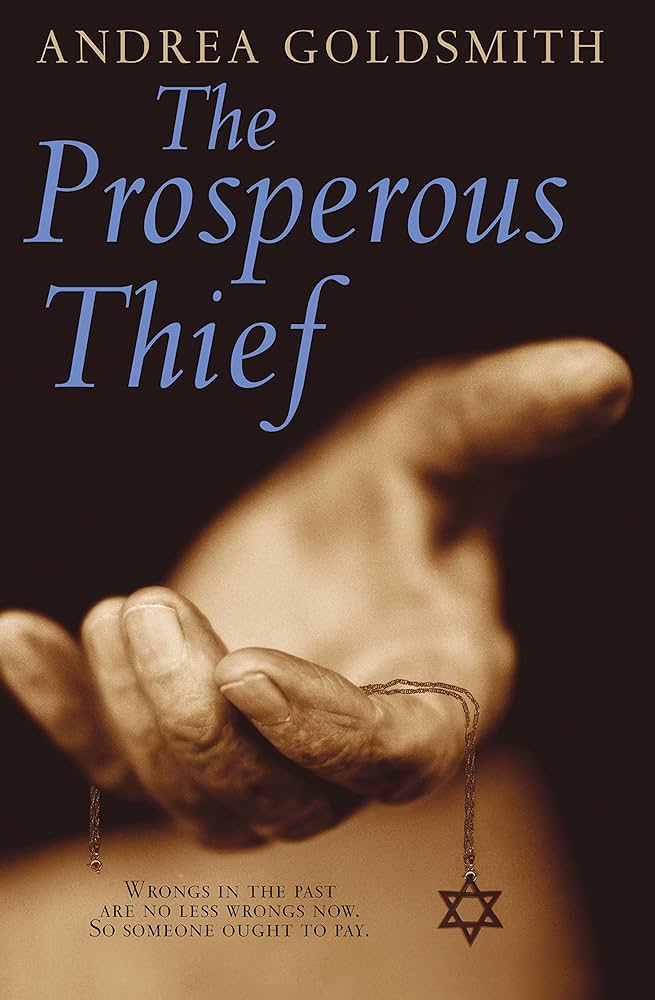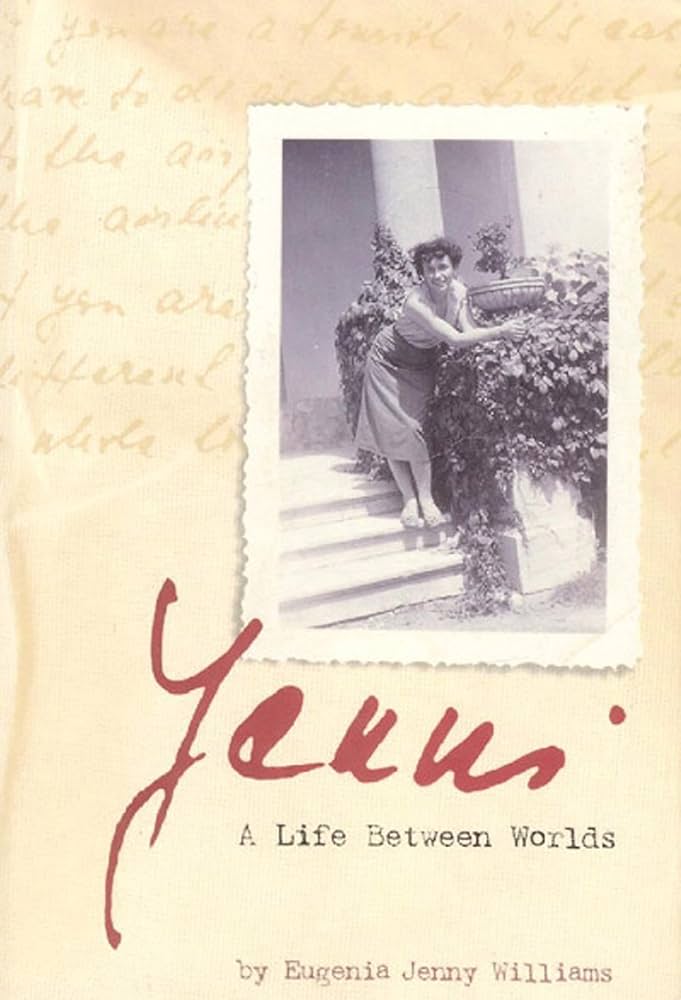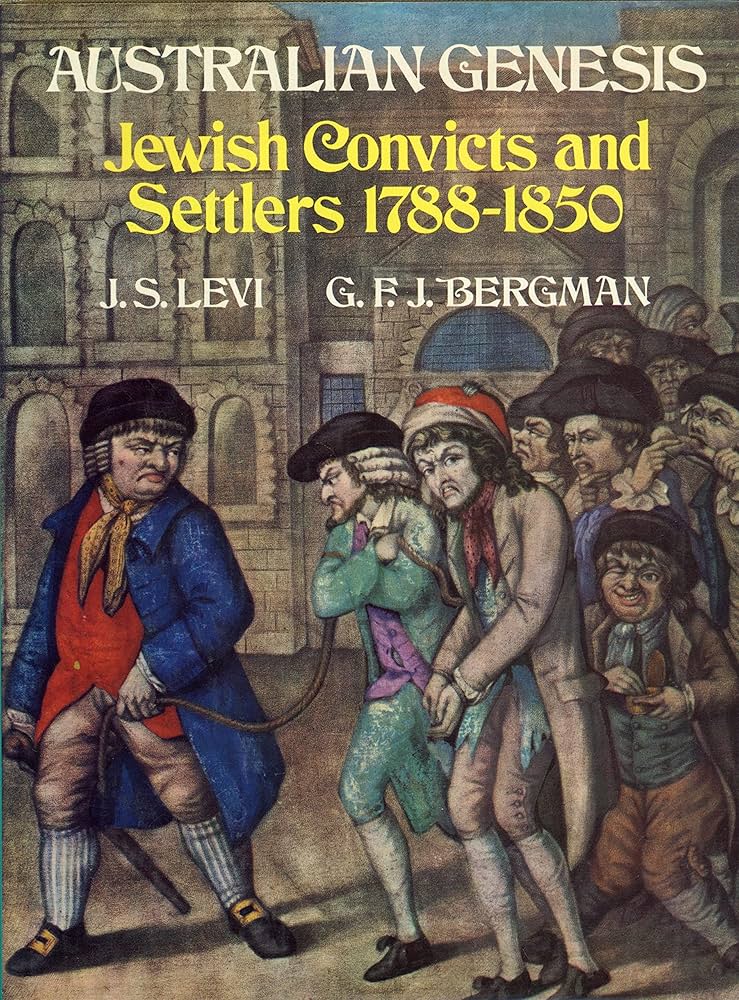History
In the aftermath of the ideological jousts between Henry Reynolds and Keith Windschuttle about the level of violence on the colonial frontier, a new book has appeared that tackles the issue from a fresh perspective. The author, John Connor, is a military historian. In this meticulously researched and highly readable book, he uses the methods of military history to examine the weapons, tactics and conduct of warfare on the Australian frontier during the first fifty years of British colonisation. Connor emerges from the fray with exciting new findings.
... (read more)‘History always emphasises terminal events,’ Albert Speer observed bitterly to his American interrogators just after the end of the war, according to Antony Beevor in Berlin: The Downfall 1945 (2002). Few events in recent history were more terminal than the Holocaust, it might be urged. Yet the singularity of that ‘terminus’ has been questioned in recent years. Is it, however, perilous for someone not a Jew to talk about it? Nell, the goyische lover of Jewish Laura Lewin, puts her foot right in it in Melbourne at the end of the century dominated by the Holocaust and its memories. ‘So the Holocaust is sacred Jewish ground? Complete with an electric fence around it for all eternity?’ Laura, in a not particularly deft similitude, reacts with a sharp response worthy of a ‘partly exposed landmine’. Nell can only put her unexploded foot further into it. ‘You Jews don’t do forgiveness, do you?’ Laura ‘was incredulous: Nell had clearly understood nothing. And would never understand.’ Is that sentiment intended to be generalised to all non-Jews?
... (read more)Ann Curthoys’s Freedom Ride is a meticulously researched piece of Australian history, and so much more. It could sit comfortably on the required reading lists of subjects ranging from History, to Government, to Media. This ‘road story’ of peripatetic direct democracy, from people too young to assert the right to vote for change, is also an inspirational text that makes you question your own passivity to the wrongs in our world.
... (read more)When Arthur Phillips conjured up the cultural cringe fifty-two years ago – he was Arthur then, only later becoming the more formal A.A. Phillips – he had little idea how that phrase would come to haunt us. When interviewed by Jim Davidson in 1977, Phillips was rather dismissive about his original 1950 Meanjin article, although he noted that it was ‘twice nearly strangled in infancy’, first by editor Clem Christesen who hadn’t liked it, and then by a member of the Commonwealth Literary Fund Board who urged him not to include it in his collection The Australian Tradition (1958). But he attributed the popularity of the phrase to its being ‘catchily alliterative – and alliteration is the most facile stylistic trick there is’.
... (read more)Eugenia Williams’s appealing memoir of a Czech–Hungarian family spans many defining moments of twentieth-century European history. In the final days of World War II, the author and her family were part of the civilian population trapped between retreating and advancing armies. The memoir concludes more than two decades later. In 1969, one year after the Czechoslovakian democracy movement was crushed by the Russians, the family joined a refugee exodus to Austria, and eventually received immigrant permits to Australia. Williams appears to have been cushioned from trauma by her nurturing family and community. The bright surface of the narrative also reflects her buoyant temperament.
... (read more)We Won the Victory: Aborigines and Outsiders on the North-West Coast of the Kimberley by Ian Crawford
Ian Crawford’s title announces his book’s challenge: to provide a view of Kimberley history that builds on the foundations of Aboriginal oral tradition. The title is taken from Aboriginal storyteller Sam Woolagoodjah’s account of the first pastoral settlement of the Kimberley in the early 1860s.
... (read more)The Cambridge Companion to Jesus edited by Markus Bockmuehl
Companions may be in short supply in the world of the flesh, but in the print media there are many on offer. Cambridge University Press has just released its seventh ‘Companion to Religion’, and another nine are waiting in line. If none of these appeals, there are a host of companions from other publishing houses offering their services. Companions, it seems, are now adjudged to be the suitable mode for bringing the latest in religious scholarship to a wider readership. ‘Handbooks’ are perhaps too simple; ‘Essays’ too boutique: both have attempted to package information in theology, religion and biblical studies.
... (read more)Australian Genesis: Jewish Convicts and Settlers, 1788–1860 by John S. Levi and G.F.J. Bergman
Rabbi Emeritus John Levi, the author of this revised edition, is one of the notable Australians of his generation. The first Australian to be ordained a rabbi, he served Temple Beth Israel in Melbourne from 1960 to 1997. He was founder and past-president of the Council of Christians and Jews, a member of the governing body of the World Union for Progressive Judaism, President of the World Conference on Religion and Peace, an acclaimed scholar, holder of advanced degrees, including a Doctor of Divinity from Hebrew Union College, and is a Member of the Order of Australia. Levi also has a passion for history – for documenting in the most meticulous detail the first Jewish communities of Australia. It comes as no surprise that he has deep roots in this land. His great-great-grandfather helped to arrange the first Jewish services in Melbourne in 1839; his great-grandfather, Nathaniel Levi, was the first Jew to be elected to the Victorian parliament, in 1860.
... (read more)SAS: Phantoms of War by David Horner & Chased by the Sun by Hank Nelson
The Italian historian Giambattista Vico once observed that historical knowledge is less like knowing the facts of things and more like knowing what it is to experience them. Good social history fits Vico’s description. Its power lies in the detail. The paradox of social history is that the apparently prosaic details of the everyday lives of a group of people can become vivid and tantalising, and provide an imaginative experience of those lives.
... (read more)Colin McPhedran, the son of a Burmese mother and a Scottish oil company executive father, was living a comfortable middle-class colonial life in Central Burma with his mother, sister and two brothers when the Japanese invaded the country in 1941. He was eleven years old. The invasion spread terror throughout the population, which feared the notorious savagery of the Japanese army. The European and mixed races felt particularly threatened, and Colin’s mother made the fatal decision to flee their comfortable villa and escape to India. The children’s mixed parentage concerned her; she resolved to undertake the journey with her three younger children. She was especially anxious about her fifteen-year-old daughter whose youthful European beauty would, she thought, make her a special target for sexual abuse. Colin’s father did not play any part in this disastrous decision, having escaped to Calcutta when Rangoon fell to the Japanese.
... (read more)








